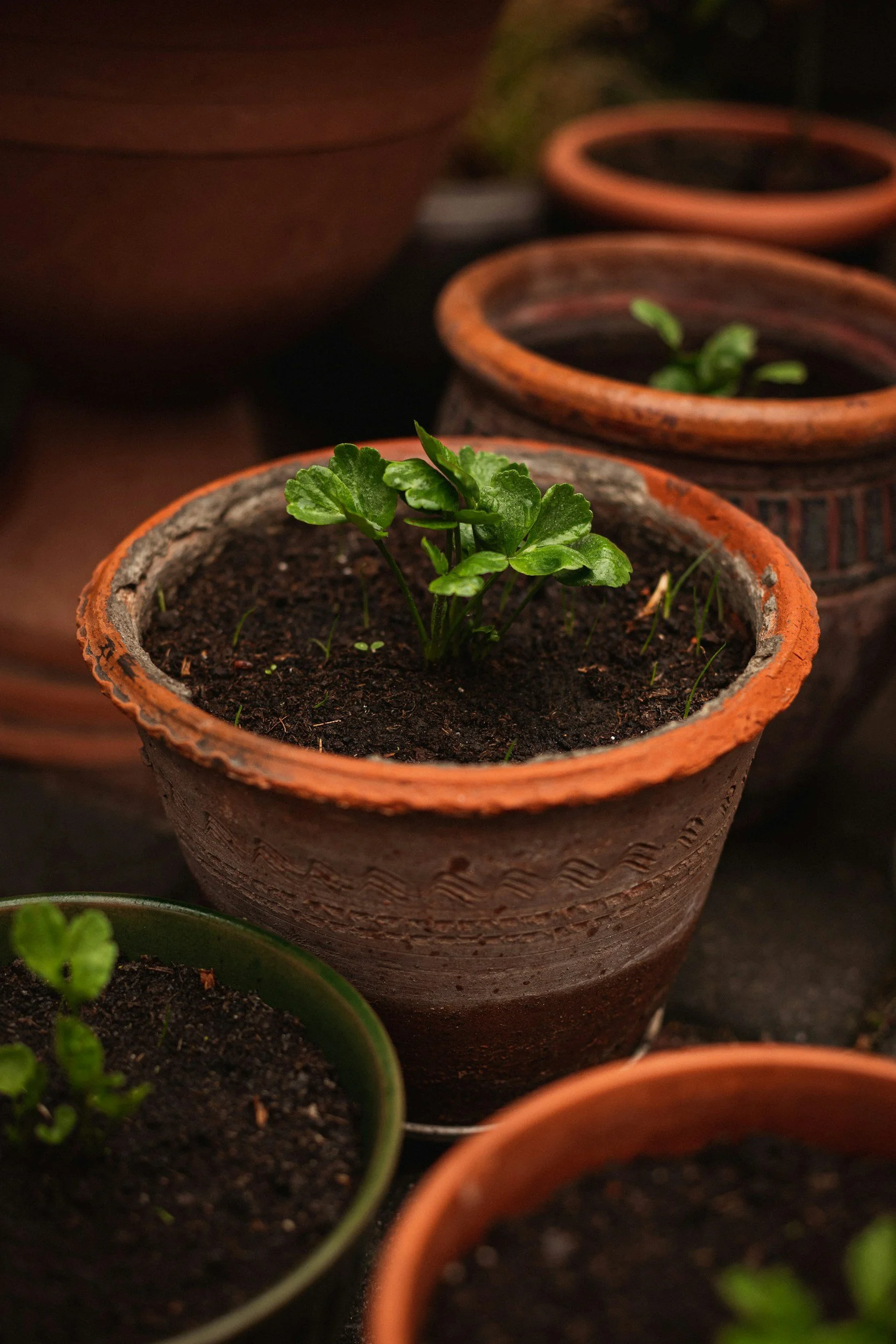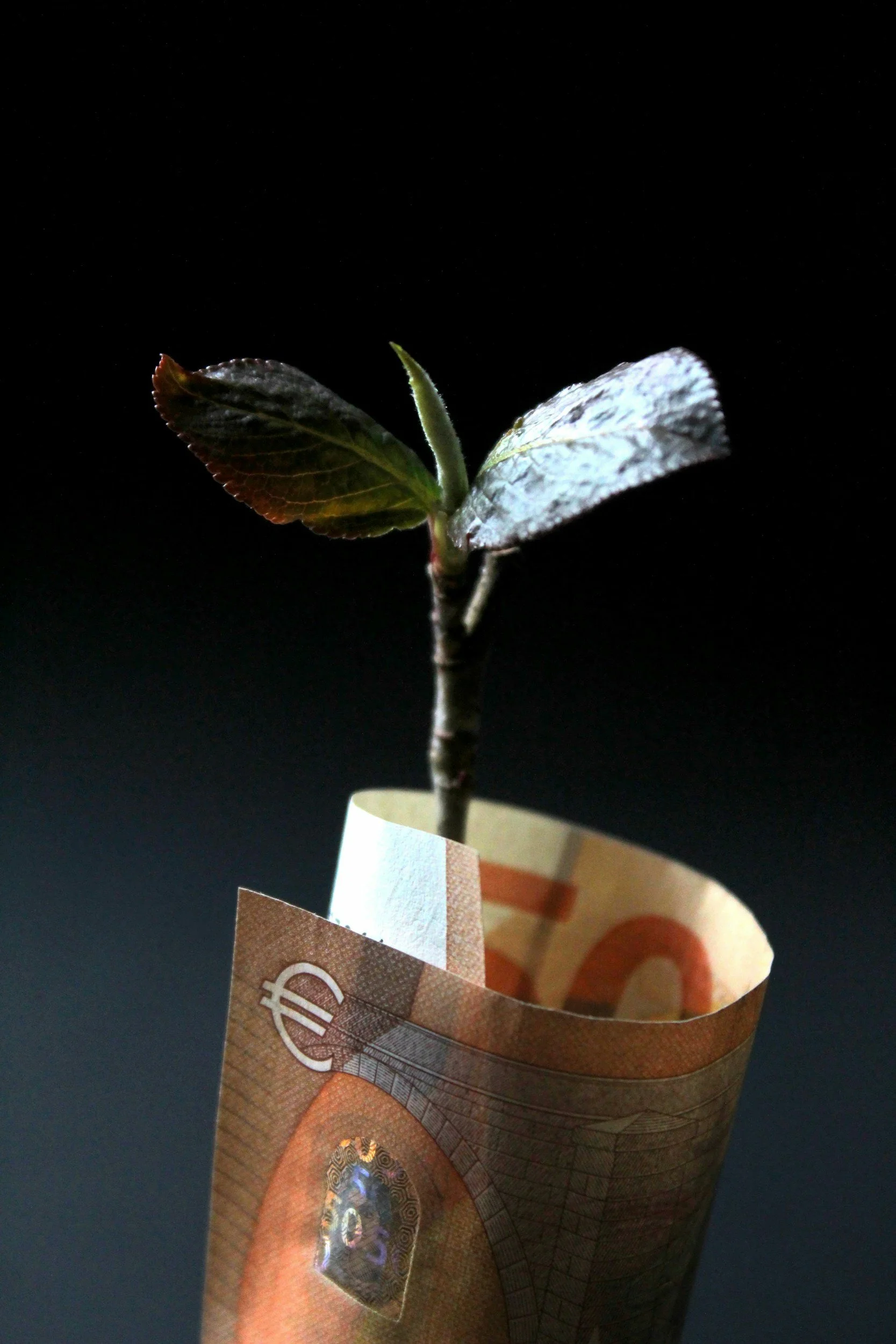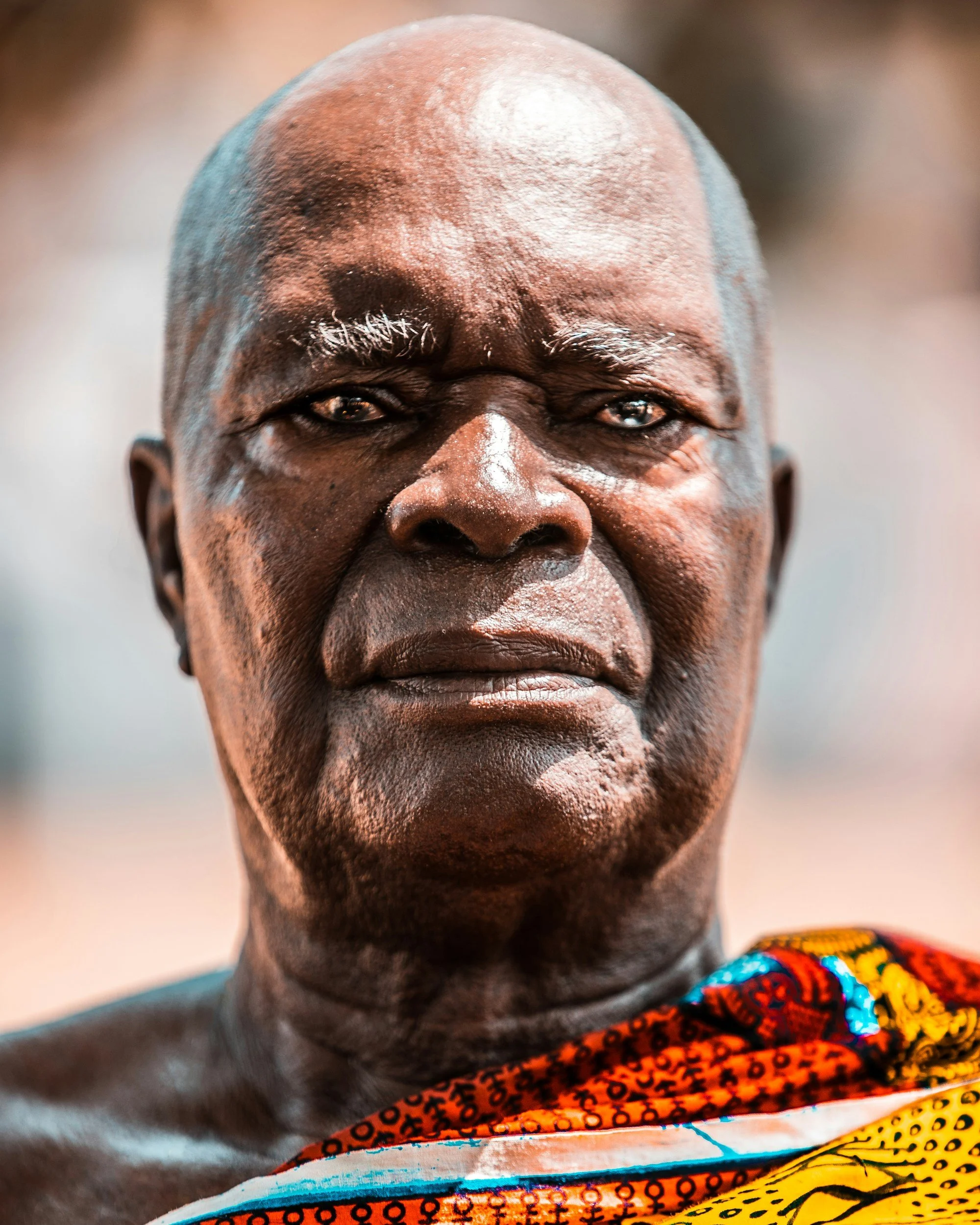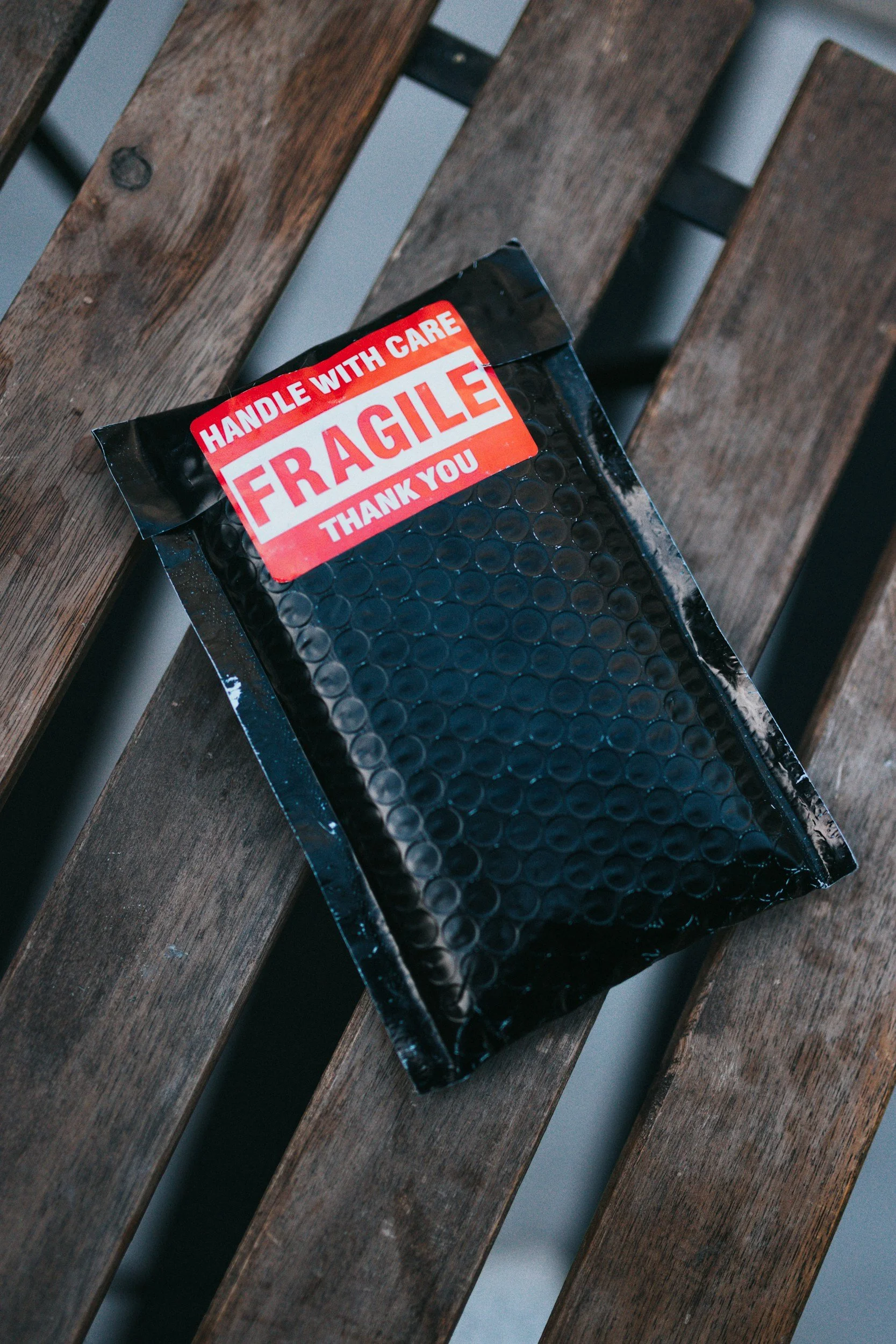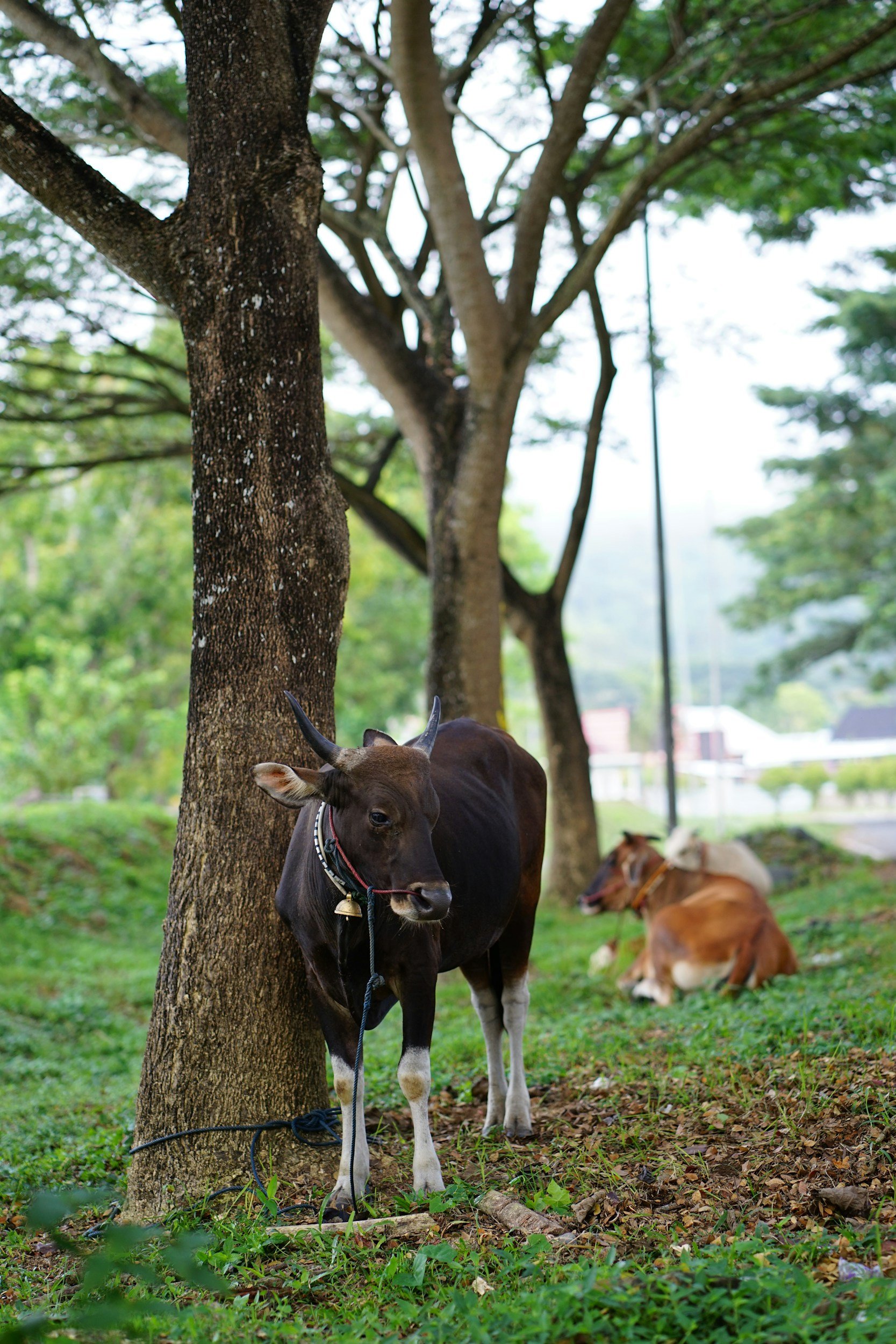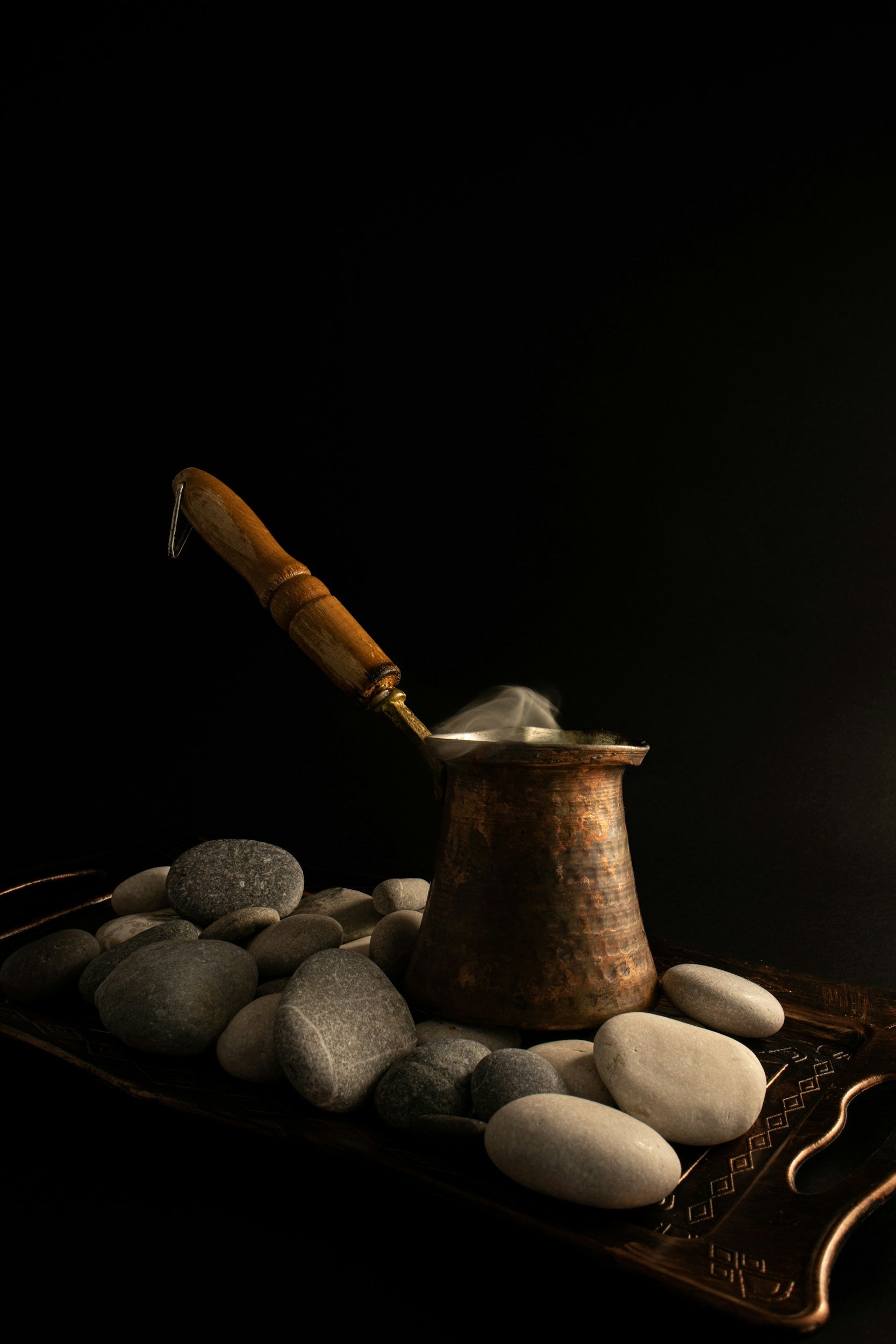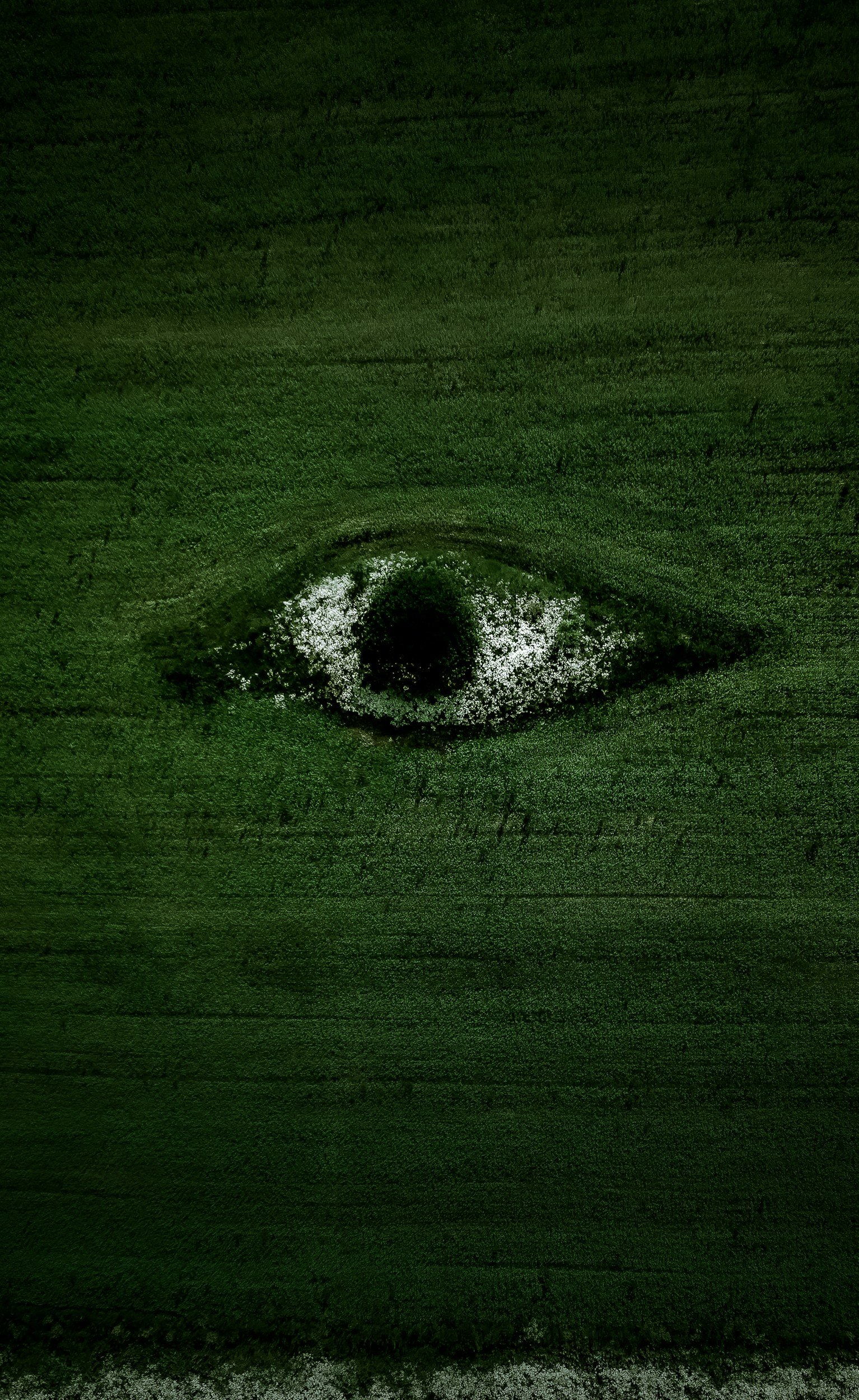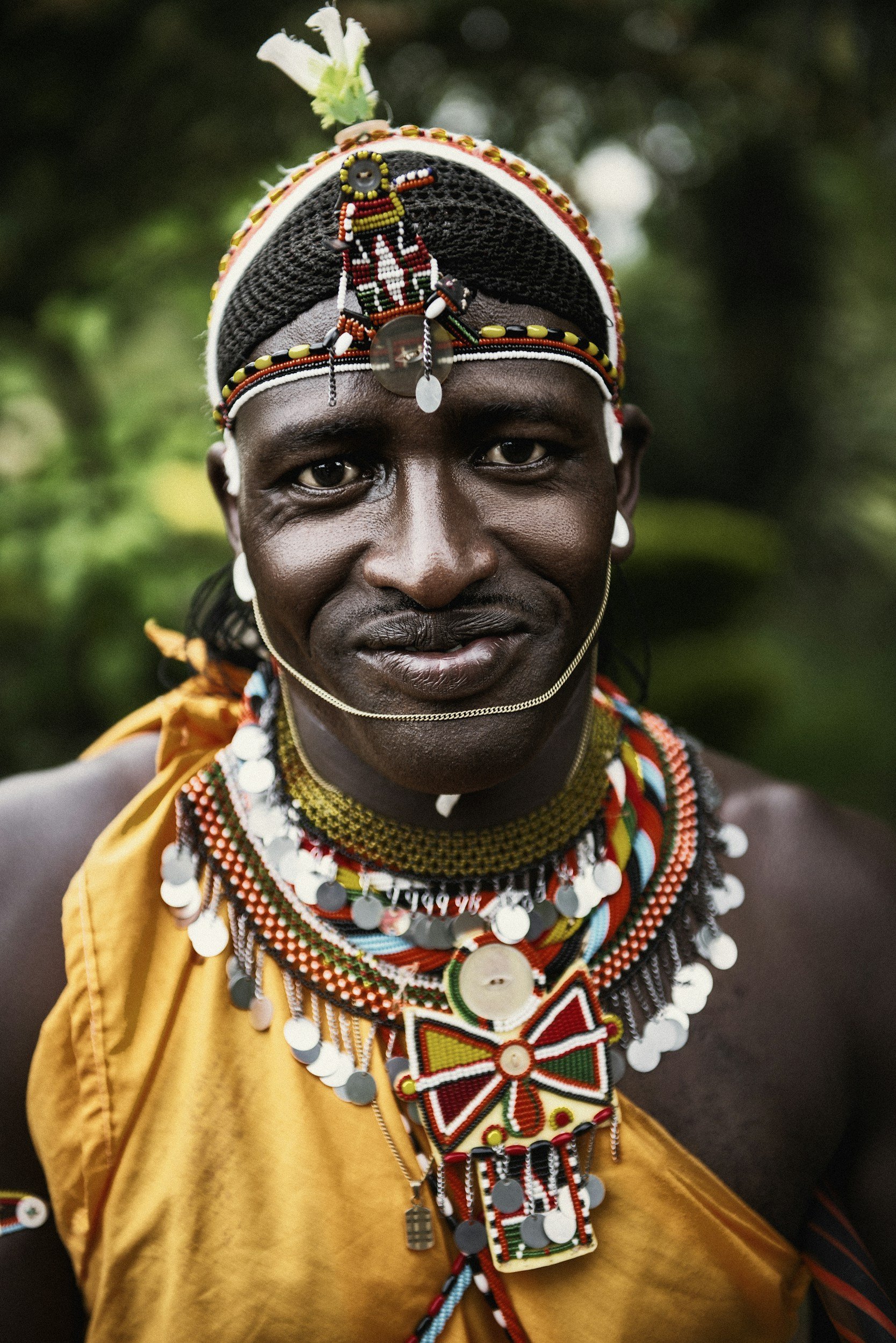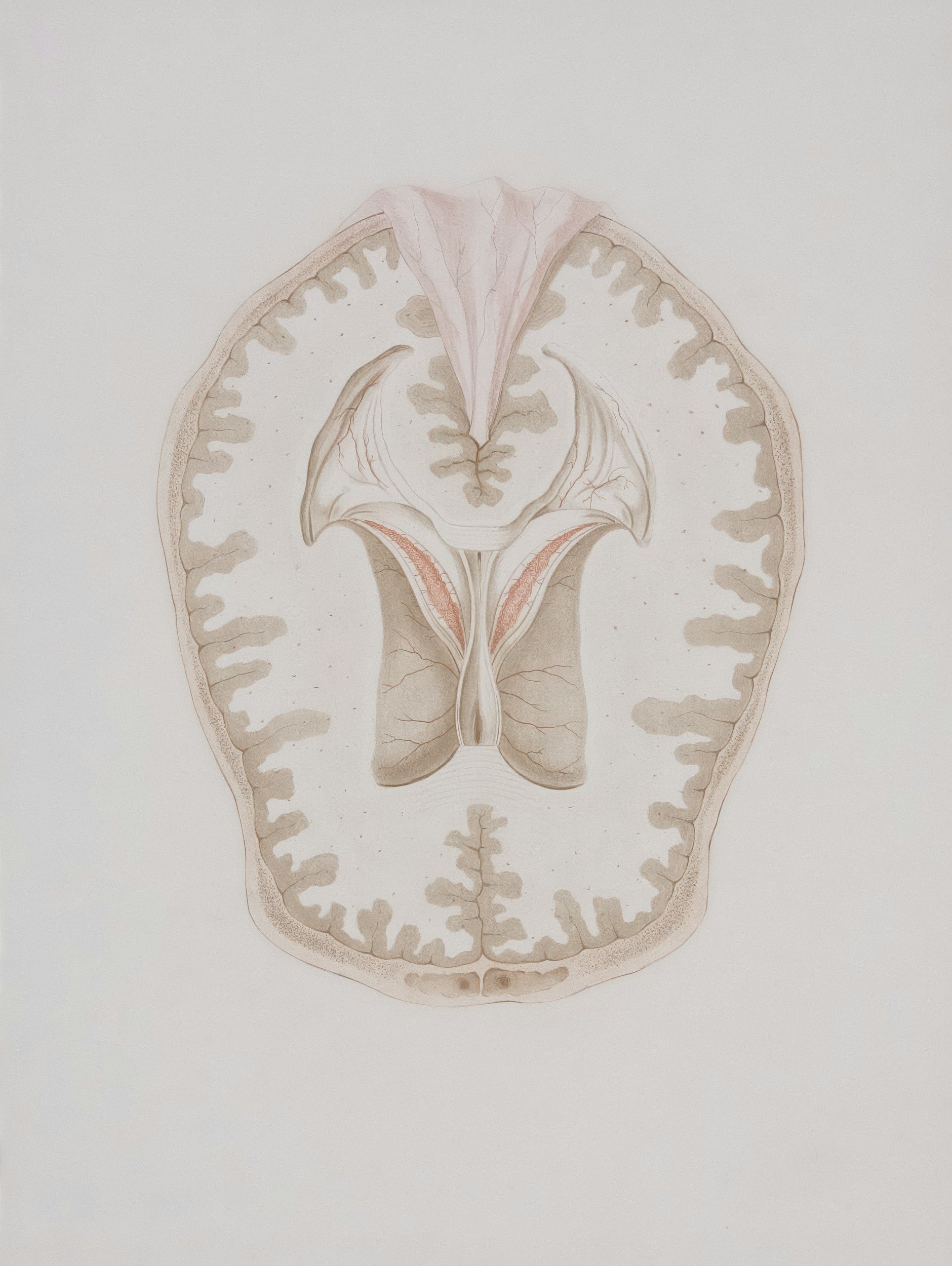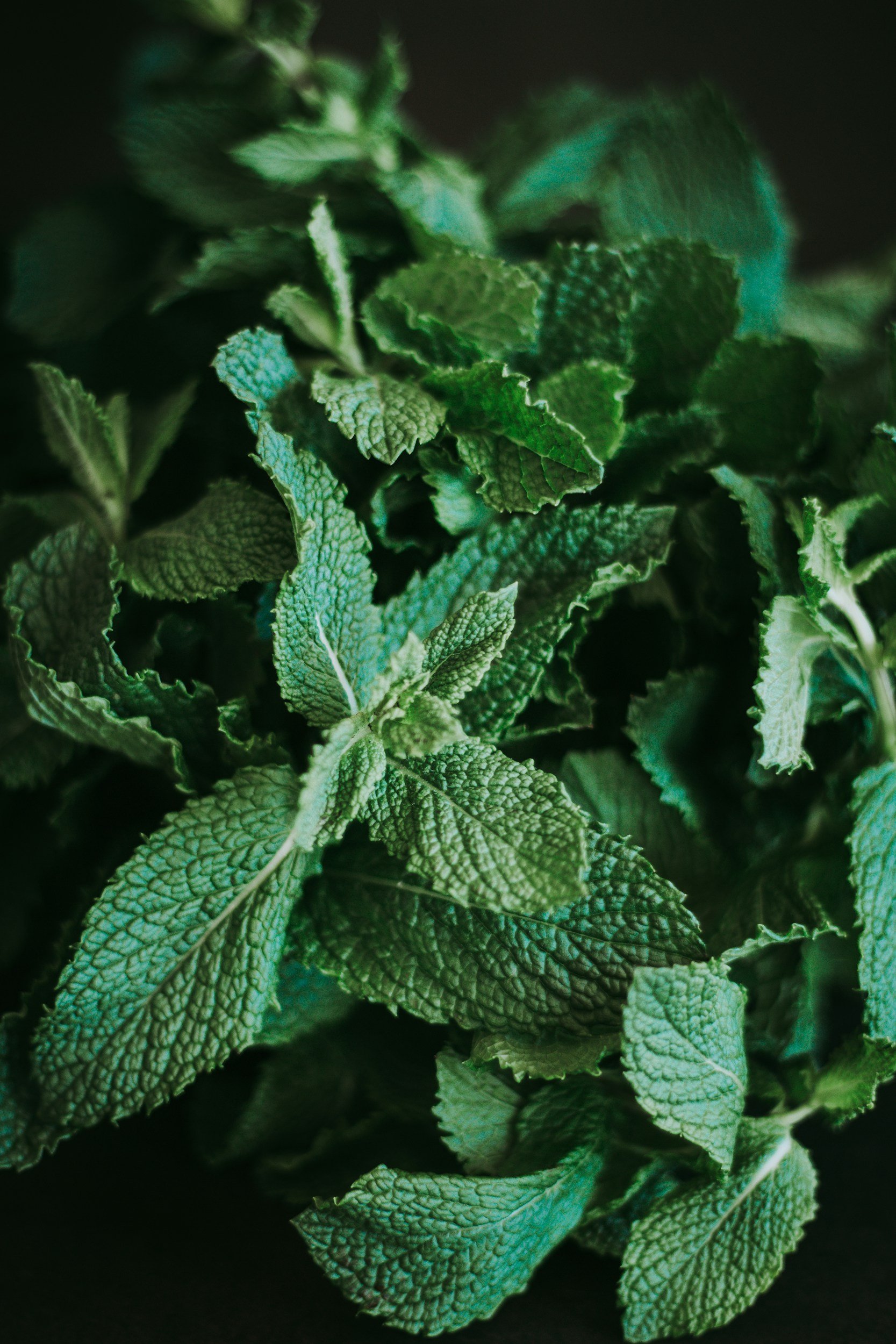How Does One Become a Dibia? Are Dibias Born or Made?
The question of whether a dibia is born or made is an intricate one. A dibia is a vessel for divine knowledge and an intermediary between the visible and invisible worlds. Understanding how one becomes a dibia requires exploring the delicate balance between destiny and deliberate effort.
The answer lies in the beauty of this dual truth: a dibia is both born and made.
One is Born a Dibia
A Dibia is born with the spiritual potential to fulfill this sacred role. This calling is an aspect of their destiny, already predetermined and encoded in their Chi. From birth, signs may reveal that this person is chosen:
They may be born with certain signs believed to signify spiritual importance.
Their behaviors as children might show heightened sensitivity, intuition, or a natural inclination toward spiritual matters.
They could experience vivid dreams, visions, or spontaneous trances that connect them to realms beyond the physical.
These are a few hints that the person carries the seed of dibiaship. However, being born with potential does not automatically make one a dibia. That seed must be nurtured, cultivated, and brought to fruition.
One Must Become a Dibia
While birth sets the foundation, it is the becoming that defines a true dibia. This is where the person's active participation in their spiritual development comes into play. To become a dibia, one must embark on a journey of training, discipline, and initiation.
Spiritual Calling and Recognition: The journey usually begins with a calling, sometimes dramatic, like recurring dreams, or illnesses, or extensive signs that can only be resolved by accepting their spiritual destiny. In many cases, an experienced dibia, or elder, recognizes the signs early and guides the person toward their path.
Apprenticeship: A prospective dibia undergoes rigorous training under a seasoned master. This apprenticeship can last years and could involve: Learning the art of divination and traditional rituals, among other things; Mastering herbal medicine and other healing practices; Understanding the cosmology and spiritual laws of Igbo reality; Developing the ability to communicate with spirits and ancestors. The apprentice also engages in personal spiritual development, to sharpen their intuition and deepen their connection to the divine.
Initiation: At the culmination of their training or in some cases even before the training begins, the apprentice undergoes a formal traditional initiation. This sacred ceremony, which could just be a series of organized rituals, marks their transformation into a full-fledged dibia. They are now entrusted with the spiritual tools e.g Ofo, knowledge, and responsibilities that come with the role.
The Balance of Gift and Effort
Dibiaship is a delicate balance of being born with a spiritual gift and putting in the effort to develop it. Think of it as a seed planted in fertile soil. The seed carries the potential for life, but without water, sunlight, and care, it will never grow into the mighty tree it is meant to be.
Being born a dibia is the potential. Becoming a dibia is the process. Both are necessary.
Why This Matters in Modern Times
In today’s world, where quick fixes and short cuts seem to have become the norm, the path of the Dibia reminds us of the importance of purpose and intentional growth. It shows that destiny is not something that unfolds passively but something we must actively work to fulfill with persistence and patience.
For those who feel the pull toward Dibiaship or similar spiritual roles, remember this: you may be born with the gift, but it is your responsibility to hone it, to align with your purpose, and to serve your community with wisdom and discernment.
Final Thoughts
The journey of the Dibia is one of duality; of being chosen and choosing. It is a sacred dance between the divine ordination of one's Chi and the human effort to actualize that ordination.
So, are dibias born or made? The truth is they are both. It is in this balance that their power and purpose reside.
Are you feeling called to explore your spiritual path? Let’s discuss your thoughts in the comments below.
Special shout out to Chinue Igwe for raising the question that inspired this post.
Recommended Resources:
The Concept of Dibia and Dibia Representations in Igbo Society of Nigeria | Patrick Iroegbu (Article)
Who is the dibia | Ikenga Nation Tv (YouTube)
What is a Dibia? - Healers in Igbo Spirituality Explained | Medicine Shell (YouTube)
Who Is A Dibia? What Qualifies One To Be A Dibia? | Tobe Osigwe (YouTube)

